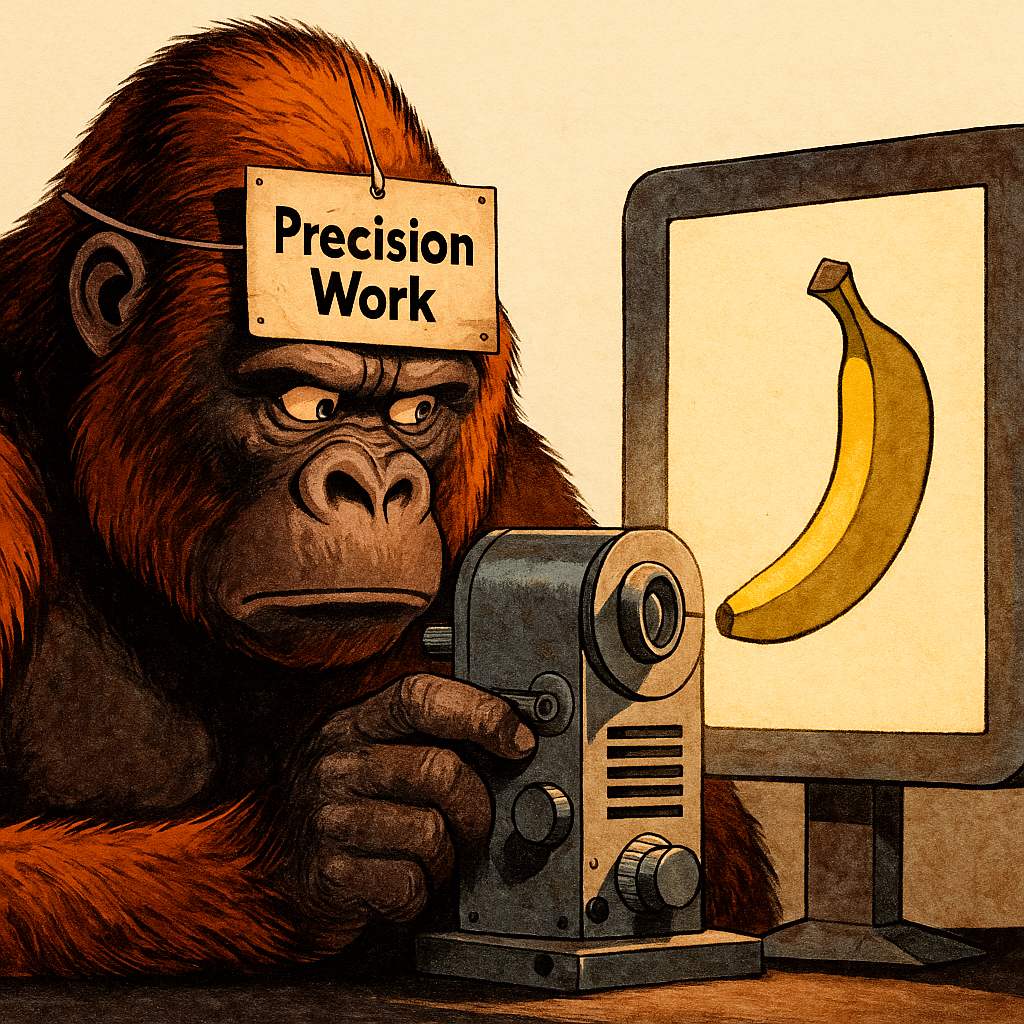
Introduction: From Curiosity to Career Path
Many professionals discover metrology by accident — through fixing machines, checking tolerances, or simply enjoying the precision of mechanical work.
What starts as a personal fascination with accuracy and measurement tools often grows into a rewarding technical career.
The good news? Turning your metrology hobby into a profession is absolutely achievable.
With a structured approach, you can transform your curiosity into qualifications, experience, and a full-time role in the world of precision engineering.
⸻
1. Start by Expanding Your Knowledge Base
Metrology is both a science and a craft. Begin by exploring free or low-cost learning opportunities:
• Online courses: Platforms like Udemy, Coursera, and HexagonMI offer excellent introductions to dimensional metrology and GD&T.
• Textbooks and standards: Study resources like ASME Y14.5 and ISO 1101 to understand how tolerances are defined and interpreted.
• Forums and communities: Join online spaces such as r/Metrology to ask questions, share projects, and learn from professionals.
The key is consistency — dedicating even one hour per week builds momentum over time.
⸻
2. Build Practical Skills with Real Instruments
If you already own or can access measuring tools, start experimenting. Practice is the fastest way to learn.
Essential tools for beginners include:
• Vernier calipers and micrometers
• Dial indicators
• Gauge blocks or calibration standards
• A small surface plate
Record your measurements, repeat them, and analyze variation.
This hands-on practice helps you internalize key metrology concepts such as repeatability, resolution, and measurement uncertainty — the pillars of professional measurement science.
⸻
3. Document Your Work Like a Professional
Treat your hobby as if you were already a metrologist.
Keep a simple logbook or digital portfolio where you document:
• Measurement results and setup photos
• Environmental conditions (temperature, humidity)
• Tools used and calibration references
• Lessons learned from each experiment
This documentation shows discipline and precision — two traits that hiring managers in metrology value deeply.
⸻
4. Transition from Hobbyist to Professional
Once you have foundational skills, consider formal training or certifications to validate your knowledge:
• ASQ Certified Calibration Technician (CCT)
• CMM programming courses (PC-DMIS, Zeiss Calypso, or PolyWorks)
• ISO 17025 Internal Auditor training
Then, start applying for entry-level inspection or calibration roles.
Employers appreciate candidates with genuine enthusiasm and proven hands-on ability — qualities hobbyists naturally possess.
⸻
5. Network Within the Metrology Community
Attend trade fairs like Control Expo or IMTS, visit local calibration labs, and connect with professionals on LinkedIn.
Each interaction can lead to opportunities, mentorship, or insights about new measurement technologies.
⸻
Conclusion: Precision Can Become Your Profession
Every professional metrologist starts with curiosity.
If you nurture that curiosity, document your progress, and invest in continuous learning, your passion for precision can evolve into a lifelong, rewarding career.
Explore more tools, techniques, and career insights at Metrology Advisor.

Comments